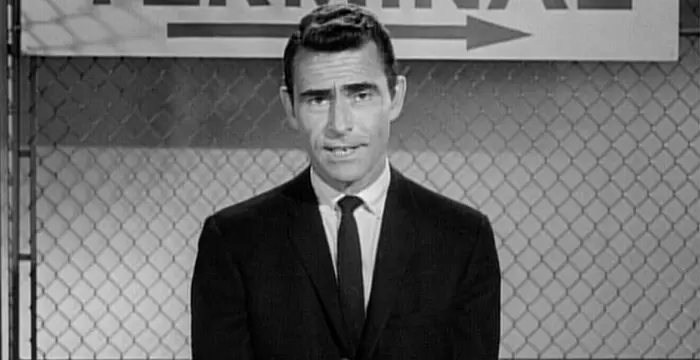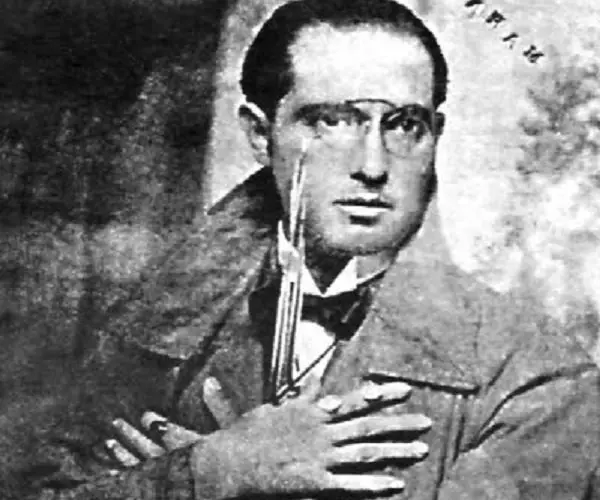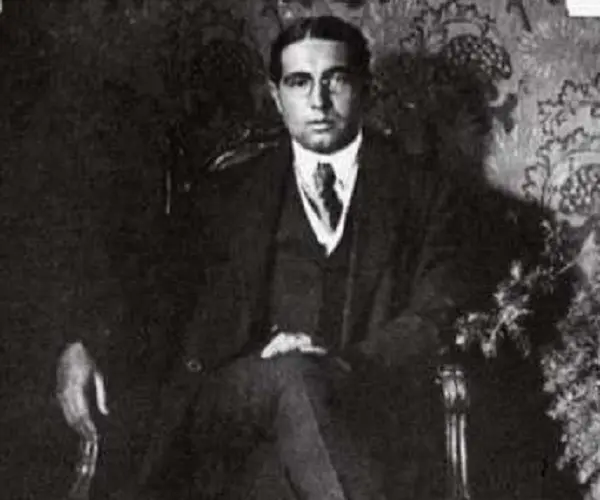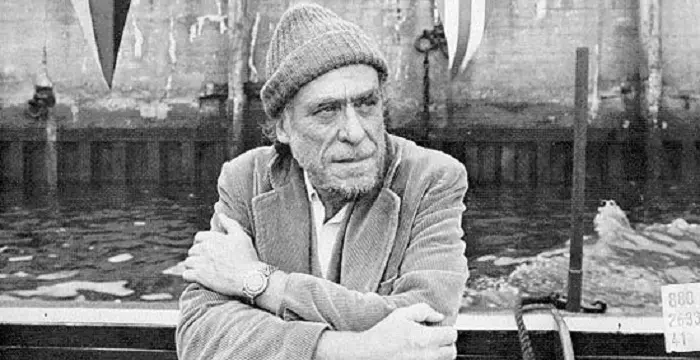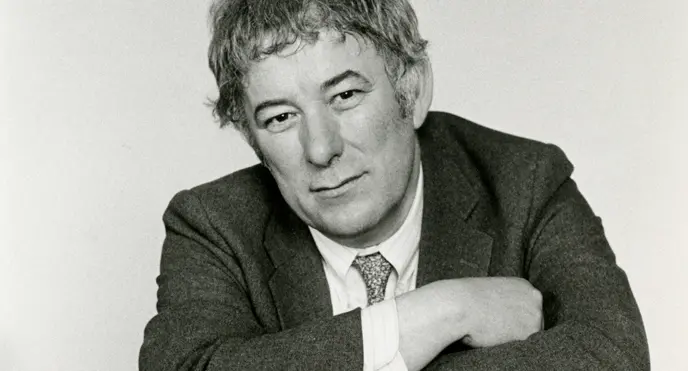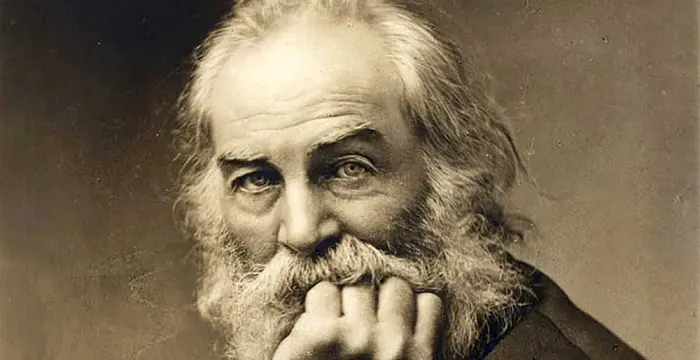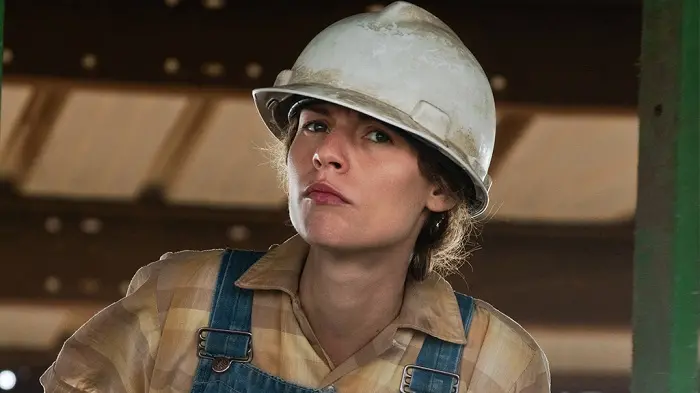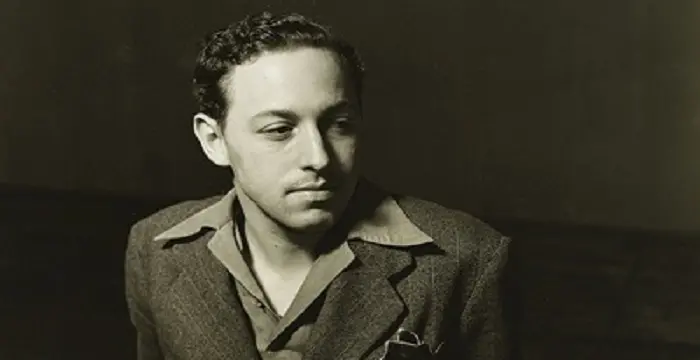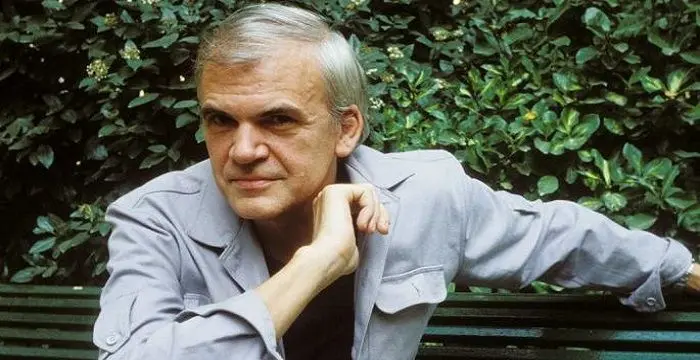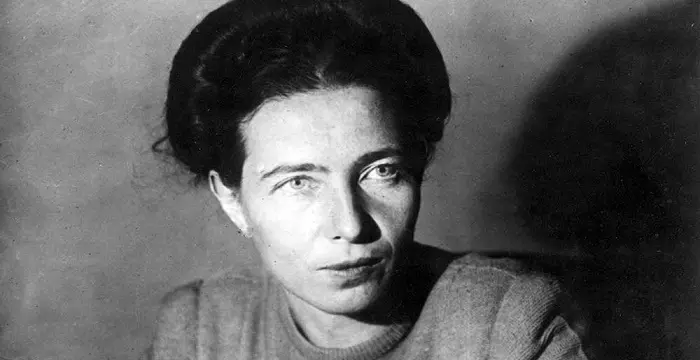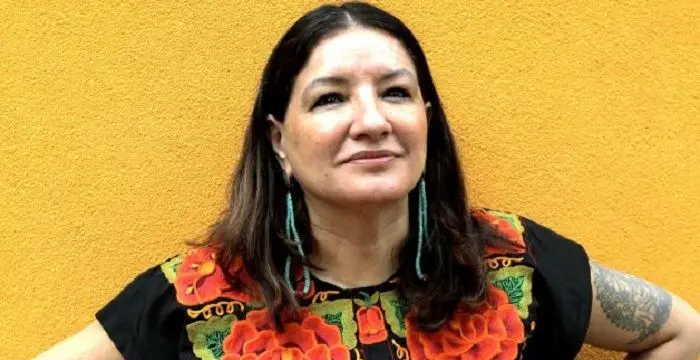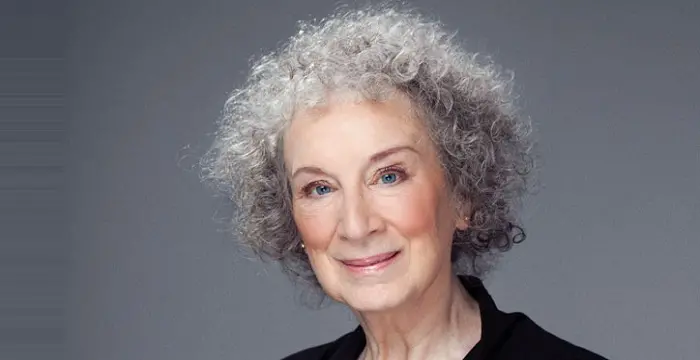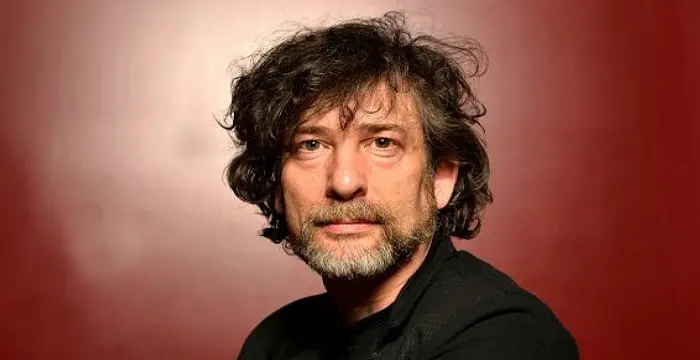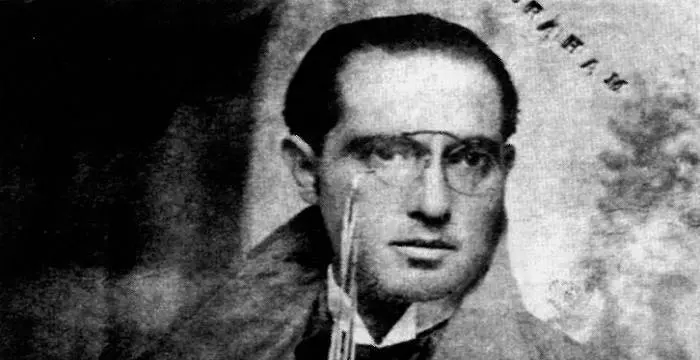
Abraham Valdelomar - Narrator, Life Achievements and Personal Life
Abraham Valdelomar's Personal Details
Abraham Valdelomar was a notable Peruvian writer, poet and art illustrator
| Information | Detail |
|---|---|
| Birthday | April 27, 1888 |
| Died on | November 3, 1919 |
| Nationality | Peruvian |
| Famous | Writers, Poets, Novelists, Short Story Writers, Essayists, Narrator |
| Siblings | María Valdelomar |
| Cause of death |
|
| Birth Place | Pisco |
| Gender | Male |
| Sun Sign | Taurus |
| Born in | Pisco |
| Famous as | Narrator |
| Died at Age | 31 |
// Famous Narrator
Rod Serling
Rod Serling was an American television producer, screenwriter, playwright and narrator. This biography offers detailed information about his childhood, career, life, works, achievements and timeline.
Abraham Valdelomar's photo
Who is Abraham Valdelomar?
Abraham Valdelomar was a notable Peruvian writer, poet and art illustrator. His childhood in Lima influenced many of his journals, essays, plays, poetry and short stories. By the age of 15, his first poems were published in a magazine. He made literary contributions to many journals magazines. He also founded and published his own magazines. In addition to his literary contributions, he also had an interest in Peruvian politics. He contributed in the successful Presidential campaign of Guillermo Billinghurst. He served under President Guillermo Billinghurst and President Agustin Gamarra while he continued publishing and writing some of his very best works. Valdelomar was known for his dedication to President Guillermo Billinghurst. He was both praised and attacked for his literary and political works. He was determined to succeed and did not back down from any challenge he faced. His writings continued to be even published after his death
// Famous Poets
Charles Bukowski
Charles Bukowski was a German-born American novelist, short story writer and poet. With this biography, learn in details about his childhood, life, works, career and timeline
Seamus Heaney
Nobel Laureate Seamus Heaney was an Irish poet, playwright and translator. Know about his profile, childhood, life and timeline in the biography below.
Walt Whitman
Walt Whitman was an American poet, journalist and humanist. Read this brief biography to find more on his life & timeline.
Childhood & Early Life
Pedro Abraham Valdelomar Pinto was born on April 27, 1888, to Anfiloquio Valdelomar Fajardo and Carolina Pinto.
He received primary education at the Municipal School No. 3 of Chincha in the city of Pisco.
Between 1900 and 1904, he attended the National College of Our Lady of Guadalupe de Lima.
From 1905 to 1906, he was enrolled at the University Mayor of San Marcos. He left the university in 1906 to begin employment with ‘Aplausos y Silbidos (Applauses and Whistles)’ magazine as a draftsman.
He founded the ‘Billinghurst University Club’ in order to promote the presidential candidature of Guillermo Billinghurst.
By 1910, he decided to return to academics to finish his studies, but lost interest and left in 1913.
Career
In 1903, he, along with Manuel A. Bedoya, founded the magazine ’La Guadalupana Idea’.
In 1906, he started contributing caricatures and poems to a number of illustrated magazines and periodicals, and soon abandoned university life completely to pursue a career in journalism.
He served as the artistic director of ‘Aplausos y Silbidos (Applauses and Whistles)’.
His first poem, ’Ha Vivido Mi Alma (My Soul Has Lived)’, was published in the magazine ‘Contemporaneos’ on July 15, 1909.
His first stories were published in ‘Peruana’, a variety magazine, in 1910.
He wrote journals about the Peru and Ecuador conflict. These journals were published under the title ’Con la Argelina al Viento’ in ‘El Diario’.
With the publications of ’La Ciudad de los Tisicos (The City of Lunger)’ and ’La Ciudad Muerta (The Dead City)’ in 1911, he became more popular.
After losing the election for president of the University of San Marcos in 1912, he was appointed the director of ‘El Puruano’ by the President Guillermo Billinghurst.
From 1913 to 1914, he served as Second Secretary of the legation of Peru at the Peruvian Embassy in Rome.
After Guillermo Billinghurst’s overthrow, he was forced to return from Rome in 1914, and began working for ‘La Presena’ as an editor and running his own column’ Palabras’ under the name ‘Conde de Lemos (Earl of Lemos)’.
He also worked as personal secretary to historian Jose de la Riva-Aguero from 1914 to 1915.
He started the literary magazine,’ Colonida’. It made its debut on January 15, 1916. In May 1916, ‘Colonida’ ended publication after only four issues. These issues created and played a key part in the Peruvian culture referred to as the Colonida Movement.
On September 24, 1919, he was elected a representative of Ica for the Regional Congress of the Peruvian Center in Ayacucho.
Major Works
His first poem, ’Ha Vivido Mi Alma (My Soul Has Lived)’ was published on July 15, 1909.
His novels ’La Ciudad de los Tisicos (The City of Consumptives)’ and ‘La Ciudad Muerta (The Dead City)’ were published as a series in newspapers in 1910. These two novels are considered to be modern writings.
He wrote ‘Cronicas de Roma (Chronicles of Rome)’ while he was in Rome in 1913.
‘La Mariscala (The Female Marshal)’ is a fictional biography of President Agustin Gamarra’s wife, Dona Francisca Zubiaga. The biography was published in 1914.
‘Ensayo Sobre la Psicologia del Gallinazo (Essay on the Psychology of Gallinazo)’ was published in 1917. This essay offers his brutally honest view of Lima.
Published in 1918, ’El Caballero Carmelo (Carmelo the Gentleman)’ is about living in Pisco. This is one of the two notable short stories written by him.
In 1918, ‘Belmonte, El Tragico (Belmonte, The Tragic One)’ was published as an essay about bullfighting.
Awards & Achievements
He received a national prize for 'El Caballero Carmelo (The Cavalier Carmelo)’
In 1917, he received the competition prize for ’La Psicologia del Gallinazo (The Psychology of the Vulture)’ from the ‘Circle of Journalists’.
Personal Life & Legacy
On November 1, 1919, he suffered an accident while on a tour in Ayacucho, Huamanga province, that consequently caused his death two days later.
On November 3, 1919, he died as a result of an accident in Ayacucho at the age of 33.
Abraham Valdelomar’s literary works continued to be published even after his death in 1919.
// Famous Writers
Joyce Meyer
Joyce Meyer is a Christian author and speaker. This biography provides detailed information about her childhood, life, achievements, works & timeline
Temple Grandin
Temple Grandin is a well-known American writer, autistic activist and animal expert. This biography profiles her childhood, life, achievements, career and timeline
Tennessee Williams
Tennessee Williams was one of the greatest playwrights of the 20th century. This biography of Tennessee Williams provides detailed information about his childhood, life, achievements, works and timeline.
Abraham Valdelomar biography timelines
- // 27th Apr 1888Pedro Abraham Valdelomar Pinto was born on April 27, 1888, to Anfiloquio Valdelomar Fajardo and Carolina Pinto.
- // 1900 To 1904Between 1900 and 1904, he attended the National College of Our Lady of Guadalupe de Lima.
- // 1903In 1903, he, along with Manuel A. Bedoya, founded the magazine ’La Guadalupana Idea’.
- // 1905 To 1906From 1905 to 1906, he was enrolled at the University Mayor of San Marcos. He left the university in 1906 to begin employment with ‘Aplausos y Silbidos (Applauses and Whistles)’ magazine as a draftsman.
- // 1906In 1906, he started contributing caricatures and poems to a number of illustrated magazines and periodicals, and soon abandoned university life completely to pursue a career in journalism.
- // 15th Jul 1909His first poem, ’Ha Vivido Mi Alma (My Soul Has Lived)’, was published in the magazine ‘Contemporaneos’ on July 15, 1909.
- // 15th Jul 1909His first poem, ’Ha Vivido Mi Alma (My Soul Has Lived)’ was published on July 15, 1909.
- // 1910 To 1913By 1910, he decided to return to academics to finish his studies, but lost interest and left in 1913.
- // 1910His first stories were published in ‘Peruana’, a variety magazine, in 1910.
- // 1910His novels ’La Ciudad de los Tisicos (The City of Consumptives)’ and ‘La Ciudad Muerta (The Dead City)’ were published as a series in newspapers in 1910. These two novels are considered to be modern writings.
- // 1911With the publications of ’La Ciudad de los Tisicos (The City of Lunger)’ and ’La Ciudad Muerta (The Dead City)’ in 1911, he became more popular.
- // 1912After losing the election for president of the University of San Marcos in 1912, he was appointed the director of ‘El Puruano’ by the President Guillermo Billinghurst.
- // 1913 To 1914From 1913 to 1914, he served as Second Secretary of the legation of Peru at the Peruvian Embassy in Rome.
- // 1913He wrote ‘Cronicas de Roma (Chronicles of Rome)’ while he was in Rome in 1913.
- // 1914After Guillermo Billinghurst’s overthrow, he was forced to return from Rome in 1914, and began working for ‘La Presena’ as an editor and running his own column’ Palabras’ under the name ‘Conde de Lemos (Earl of Lemos)’.
- // 1914 To 1915He also worked as personal secretary to historian Jose de la Riva-Aguero from 1914 to 1915.
- // 1914‘La Mariscala (The Female Marshal)’ is a fictional biography of President Agustin Gamarra’s wife, Dona Francisca Zubiaga. The biography was published in 1914.
- // 15th May 1916He started the literary magazine,’ Colonida’. It made its debut on January 15, 1916. In May 1916, ‘Colonida’ ended publication after only four issues. These issues created and played a key part in the Peruvian culture referred to as the Colonida Movement.
- // 1917‘Ensayo Sobre la Psicologia del Gallinazo (Essay on the Psychology of Gallinazo)’ was published in 1917. This essay offers his brutally honest view of Lima.
- // 1917In 1917, he received the competition prize for ’La Psicologia del Gallinazo (The Psychology of the Vulture)’ from the ‘Circle of Journalists’.
- // 1918Published in 1918, ’El Caballero Carmelo (Carmelo the Gentleman)’ is about living in Pisco. This is one of the two notable short stories written by him.
- // 1918In 1918, ‘Belmonte, El Tragico (Belmonte, The Tragic One)’ was published as an essay about bullfighting.
- // 1919Abraham Valdelomar’s literary works continued to be published even after his death in 1919.
- // 24th Sep 1919On September 24, 1919, he was elected a representative of Ica for the Regional Congress of the Peruvian Center in Ayacucho.
- // 1st Nov 1919On November 1, 1919, he suffered an accident while on a tour in Ayacucho, Huamanga province, that consequently caused his death two days later.
- // 3rd Nov 1919On November 3, 1919, he died as a result of an accident in Ayacucho at the age of 33.
// Famous Novelists
Charles Bukowski
Charles Bukowski was a German-born American novelist, short story writer and poet. With this biography, learn in details about his childhood, life, works, career and timeline
Milan Kundera
Milan Kundera is a Czech-born French writer known for his erotic and political writings. This biography of Milan Kundera provides detailed information about his childhood, life, achievements, works & timeline.
Simone de Beauvoir
Simone de Beauvoir was an eminent French writer, intellectual, activist, and philosopher. This biography profiles her childhood, life, thoughts, achievements and timeline.
Sandra Cisneros
Sandra Cisneros is an American writer known for audaciously penning the realities and expectations from females in US and Mexico. This biography provides detailed information about her childhood, life, achievements, works & timeline
Margaret Atwood
Margaret Atwood is a Canadian writer, best known for her novels, short stories and poems. This biography of Margaret Atwood provides detailed information about her childhood, life, achievements, works & timeline.
Neil Gaiman
Neil Gaiman is an English writer of novels, short stories, children’s books and other literature. This biography provides detailed information about his childhood, life, achievements, works & timeline.
Abraham Valdelomar's FAQ
What is Abraham Valdelomar birthday?
Abraham Valdelomar was born at 1888-04-27
When was Abraham Valdelomar died?
Abraham Valdelomar was died at 1919-11-03
Where was Abraham Valdelomar died?
Abraham Valdelomar was died in Ayacucho
Which age was Abraham Valdelomar died?
Abraham Valdelomar was died at age 31
Where is Abraham Valdelomar's birth place?
Abraham Valdelomar was born in Pisco
What is Abraham Valdelomar nationalities?
Abraham Valdelomar's nationalities is Peruvian
Who is Abraham Valdelomar siblings?
Abraham Valdelomar's siblings is María Valdelomar
What is Abraham Valdelomar's cause of dead?
Abraham Valdelomar dead because of Accident
What is Abraham Valdelomar's sun sign?
Abraham Valdelomar is Taurus
How famous is Abraham Valdelomar?
Abraham Valdelomar is famouse as Narrator
